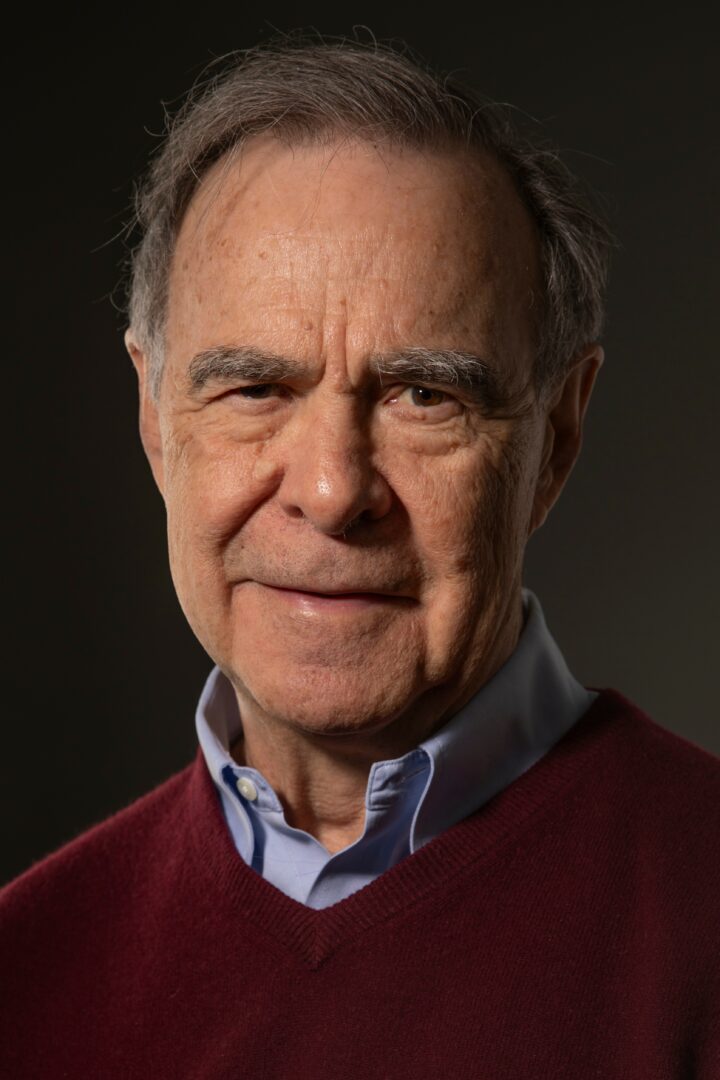Alright – so today we’ve got the honor of introducing you to David Macenulty. We think you’ll enjoy our conversation, we’ve shared it below.
Alright, so we’re so thrilled to have David with us today – welcome and maybe we can jump right into it with a question about one of your qualities that we most admire. How did you develop your work ethic? Where do you think you get it from?
My both of my parents were talented, disciplined, and hard-working musicians. I watched and heard them diligently practice hour after hour, for weeks on end as they prepared for a concert. Even with no impending performance, they would still practice daily to stay sharp and because they loved music.
Later, when in high school, my brother and I were in the band with a band director who had the same mind set as my parents, I discovered the great joy of music; I then came to viscerally understand the passion I had seen in my parents as they practiced. I learned the truths that practice does not make perfect, it is only perfect practice that makes for perfect performance, and that the amateurs practice until they get it right, but the professional practices until they can’t get it wrong.
My band director was such a strict disciplinarian that my high school band was more disciplined than my boot camp company when I joined the Navy.
The work ethic I got by osmosis from my parents and by doing when I was in the band has stayed with me my entire life.
I should also add that it applies only to things that are of significant interest; I am more than happy to drop or ignore things that I don’t feel are important enough to warrant giving my full attention. That too, is actually a part of a good work ethic.
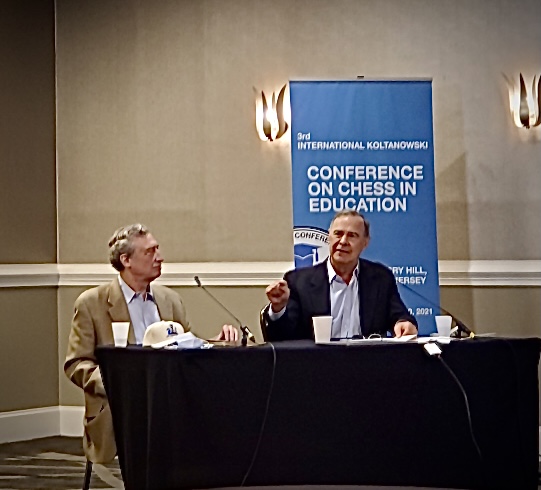
Appreciate the insights and wisdom. Before we dig deeper and ask you about the skills that matter and more, maybe you can tell our readers about yourself?
The main part of my professional life was as a chess teacher. As I did not begin this until I was in my mid-forties, I brought a wide variety of previous experiences to the field of teaching. Since I was the first New York City Board of Education teacher whose subject was chess, I had the responsibility of creating my own curriculum, as none existed at the time.
I harked back to my musical training in planning how I would train my young proteges (my school was K-5) in the techniques and disciplines of the game.
It is important to note at this point that the school was in the poorest congressional district in America, and straddled the two highest crime precincts in the Bronx. I was introducing a war game into the lives of children who saw more stress in a week than I would see in a year. The beauty of chess in this environment is that it is a battle of beautiful ideas, where the rules of the game require courtesy, decency, a respect for the disciplined processes of learning and performing, and where personal behavior is as important as technical mastery.
In navigating my new world of education, I was deeply immersed in the challenges and opportunities that are integral to working with colleagues, administrators, children, parents, and other chess coaches that I brought in to augment my training systems. My previous work as a building manager and sales director in real estate, my ten years as a professional actor in New York, my training as a musician, and other life experiences all played a part in developing my leadership skills to bring the children from this overcrowded school in a troubled part of our city to becoming New York City, New York State, and National Chess Champions.
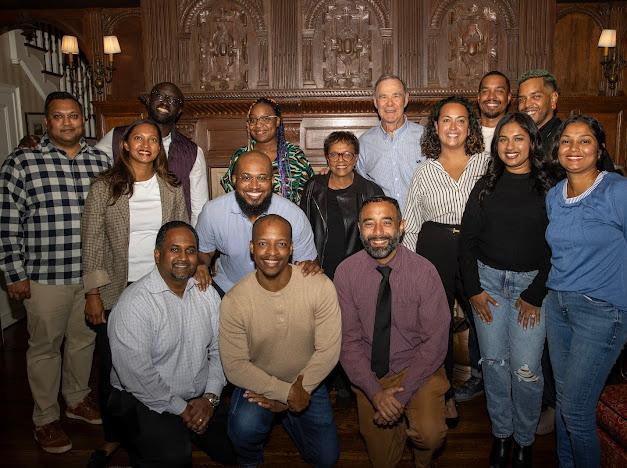
Looking back, what do you think were the three qualities, skills, or areas of knowledge that were most impactful in your journey? What advice do you have for folks who are early in their journey in terms of how they can best develop or improve on these?
I think the most important thing in my life was finding areas I could feel passionate about. Since I am interested in many things, it was a question of where to focus.
The next most important thing was having a respected mentor or example to guide my interest in whatever was before me. Having someone who not only knows that field, but also demonstrates that they care about me as much as they care about excellence in accomplishment has been crucial for my development in multiple fields. I could cite individuals in sports, music, theatre, construction, chess, civil rights, education, and academia that have played a significant part in my development as a caring, thinking, and productive adult.
My advice to everyone is to recognize that it is the individual before you that is the most important thing right now. Helping someone to accomplish a goal–or to come up with a goal–is one of the highest achievements a leader can bring to any situation. Bring out the best in others. That will bring out the best in you as well.
The corollary to this is that if you are in a position to be led, drop the ego and do the best you can with whatever you have.
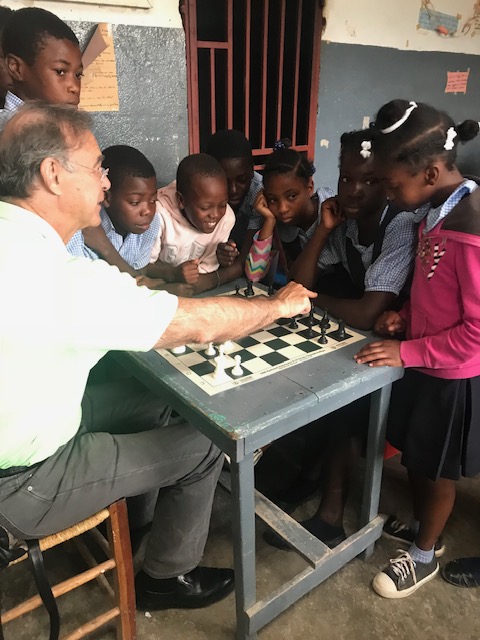
To close, maybe we can chat about your parents and what they did that was particularly impactful for you?
The most impactful thing my parents did was instill in me that honesty and the pursuit of truth are essential to a good life. If facts come into play that contradict something I thought or believed, I should adjust my thinking to accommodate the new information. Parallel to that, they were both dedicated to the equality of all people, regardless of external differences. I grew up in the 1950s in the South. My mother, father, brother, and I were all from the north. My mother, the organist and choir director at a large Episcopal church (among other musical accomplishments) would drink from the ‘colored’ water fountains. This attitude of equality and fairness, constantly reinforced by our parents, was not shared by our peer group, which occasionally put pressure on my brother and me, but that also strengthened our resolve to never give in to peer pressure, something we both adhere to even now as we are in our 80s.
Contact Info:
- Instagram: David MacEnulty
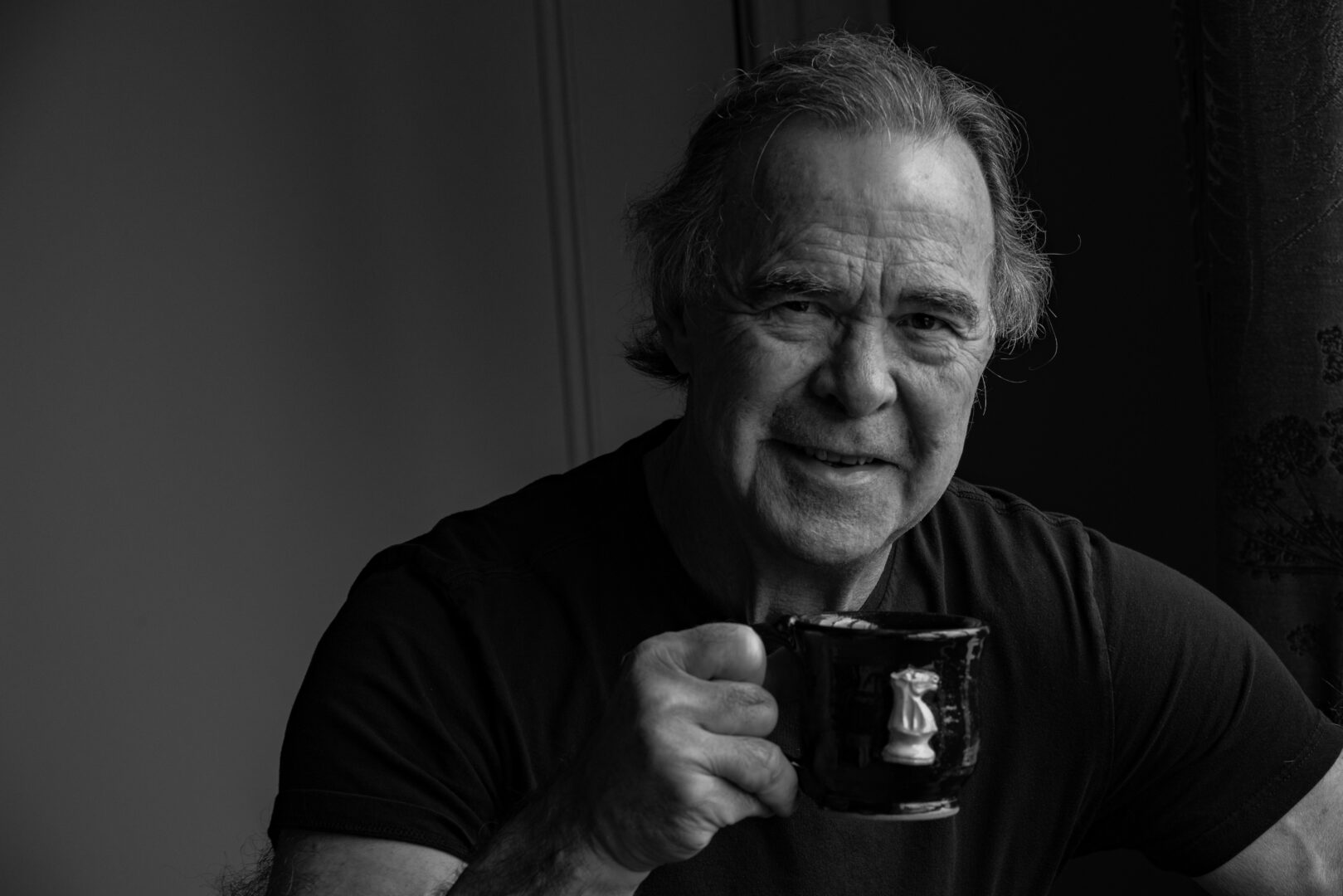
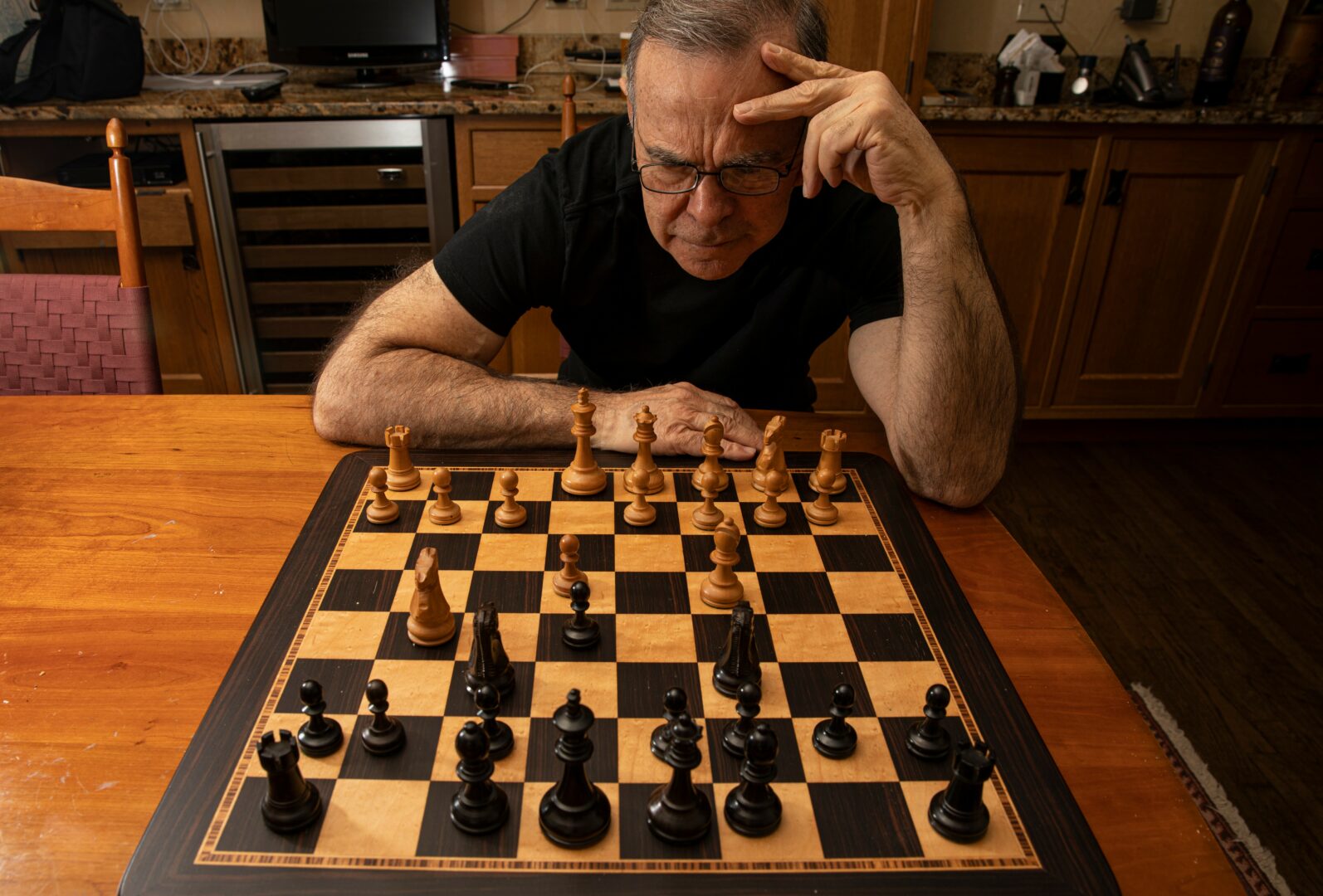
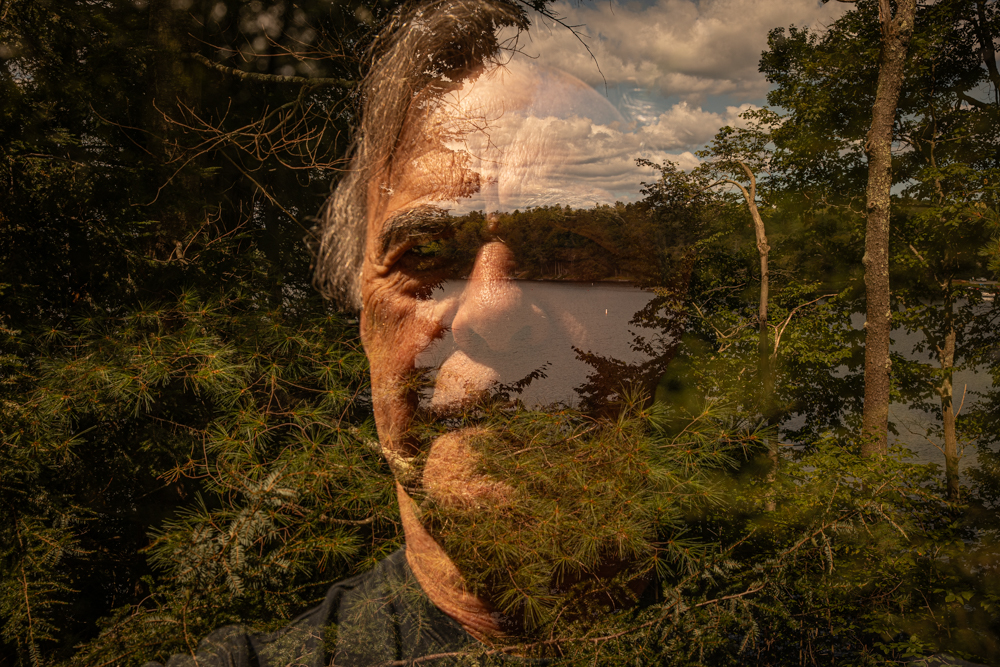
Image Credits
all photos by me
so if you or someone you know deserves recognition please let us know here.

